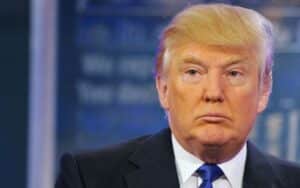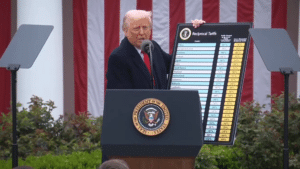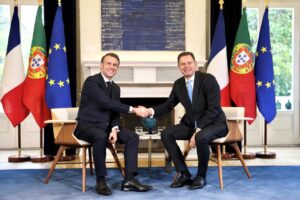European Commission President, José Manuel Durão Barroso, has unveiled his executive, describing it as a heavyweight team that would put economic growth at the heart of the agenda. The Resident’s EU correspondent Philip Bushill-Matthews, MEP, has hailed the allocation of portfolios to the new commissioners by José Manuel Durão Barroso as “strong and statesmanlike”.
He said: “Mr Barroso has shown that he has a clear sense of purpose and priorities, and that he is not going to allow the so-called Franco-German motor to power his presidency. He has moved with speed as well as surprise, and is now well placed to deliver his agenda for real reform. Portugal should feel very proud.”
Barroso explained the thinking behind his strategy, after he announced the portfolios for the 24 commissioners who are to serve under him. “We will focus on delivering results. I want to put the Commission in the driving seat of Europe – a Europe that really benefits our citizens,” Portugal’s former Prime Minister declared. “My task was made easier by the high quality of commissioners. The team has wide experience of European affairs. There have never been as many women in the Commission, and commissioners from new countries have equally important portfolios as commissioners from the old 15 member states,” he said. “There will be no first and second class.”
Barroso said his appointment of five vice presidents, three more than in the outgoing Commission, highlights “the crucial importance I attach to certain challenges ahead of us”.
One of these challenges is the European public’s apathy towards the EU. To combat this, Barroso has appointed Sweden’s Margot Wallstroem, who will be in charge of relations with other EU institutions and communication strategy. It is hoped that she will improve the Commission’s poor public image.
Barroso surprised some political commentators by overruling a German-led push for a new role of ‘super-commissioner’ to oversee economic affairs. But he did appoint Germany’s Günter Verheugen to the new job of Enterprise and Industry Commissioner. Verheugen will partially oversee competitiveness and will work on ensuring the implementation of the ‘Lisbon Strategy’ for economic reform. “We must reinvigorate the Lisbon Strategy, which aims to make Europe the world’s most competitive economy by 2010,” said Barroso.
Barroso’s appointments have pleased analysts, who feared that the former Portuguese leader might have been swayed by the international alliances made while he was Prime Minister. But Barroso is adamant that he is in the driving seat. “This is not a strong Commission with a weak President,” he said “I believe it’s possible to love your country and at the same time to believe in Europe.”


















